‘Pak troops must be tried for 1971 genocide’
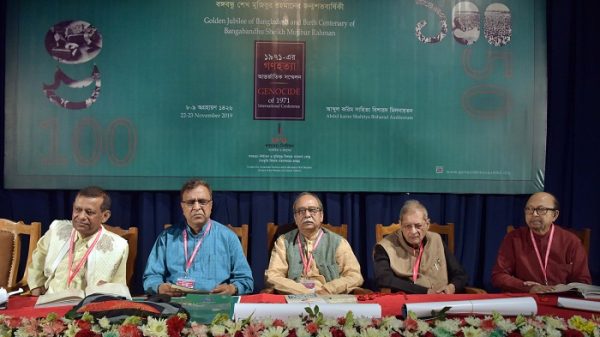
Shawdesh Desk:
Bangladesh should approach the international courts to ensure the punishment of Pakistani troops who unleashed the furious genocide in Bangladesh in 1971, scholars opined.
Addressing an international conference on genocide, experts from home and abroad also lauded the government for ensuring capital punishment of the top war criminals through the legal process.
Over 50 local and foreign scholars attended the conference titled ‘Genocide of 1971’ at Bangla Academy in the capital on Friday.
Genocide and Torture Archive and Museum Trust in association with the Ministry of Cultural Affairs is organising the two-day conference, marking the birth centenary of Father of the Nation Bangabandhu Sheikh Mujibur Rahman.
Speakers reviewed the sociopolitical aspects behind the Bangladesh liberation movement condemning the brutal genocide conducted by Pakistan troops and local collaborators.
They also emphasised raising the global move to gain international recognition of Bangladesh genocide to bring erstwhile West Pakistan army into the legal process for ensuring justice to the martyrs.
State Minister for Cultural Affairs KM Khalid was the chief guest of the two-day conference. Former Supreme Court Justice AHM Shamsuddin Choudhury Manik presented the keynote papers at the opening session of the conference.
Chaired by Dhaka University Prof Muntasir Mamun, the conference convener artist Hashem Khan made the address of welcome.
Sharing eyewitness of torture during the liberation war, State Minister KM Khalid said the Pakistani troops not only tortured the freedom fighters but also attacked families.
Khalid also appreciated the activities of Genocide and Torture Archive and Museum Trust and assured support for future initiatives of the patriotic initiative led by Prof Mamun.
Justice Shamsuddin Choudhury Manik said Bangabandhu Sheikh Mujibur Rahman is the first Bangali leader to run a state in the Indian sub-continent.
Hindustan Times former Editor Hiranmay Karlekar, who covered the Bangladesh liberation war as a correspondent for the Statesman, shared the furious experience during operation searchlight on eve of the liberation war in Dhaka.
Including Hiranmay, there were a total of 35 journalists confined into InterContinetal Dhaka as the Pakistan troops began the massacre in Dhaka and adjacent areas.
Dhaka University Prof Muntasir Mamun said Bangladesh has to go through the sorrow stories of liberation struggles alongside celebrating victory against Pakistan.
“We have set up Asia’s first genocide museum to review the brutality of Pakistan and their local collaborators. A nation never moves forward without considering its past. Bangladesh also experienced an uprising of communal forces in the patron of BNP founder Ziaur Rahman during the post-1975 period and his spouse Khaleda Zia brought the collaborators like Nizami into power,” Prof Mamun added.
He also appraised the contribution of former Cultural Affairs Minister Asaduzzaman Noor and present State Minister Khalid for establishing the genocide museum.
Indian researcher Jawhar Sircar said Bangladesh and India have been enjoying the maximum heights in the bilateral relationship in last one decade.
“Bangladesh is on the right track on development as a secular state. The success stories of the country are very significant for India as a close neighbour. We should keep in mind that there is no alternative to reach the message of all-religion secularism among mass to the establishment of secularism,” said Sircar, former CEO of Indian state-run media Prasar Bharati and a former secretary of the Indian government.
Eminent scholars from home and aboard shared knowledge in the conference. They include Indian researcher and Centre for Studies in Social Science Chairman Jawhar Sircar, United Kingdom humanitarian activist Julian Franchise, Hindustan Times former Editor Hiranmay Karlekar, Jawaharlal Nehru University faculties Prof Jayati Srivastava and Sanjay Bhardwaj, Dhaka University Prof Syed Anwar Husain, Turkish filmmaker Ferhat Atik, Myanmar Tampadipa Institute Director Khin Zaw Win, Indian senior journalist Manash Ghosh, Dhaka University Professor Imtiaz Ahmed, Indian academic Professor Sanjay K Bhardwaj, Bangla Academy former Director General Shamsuzzaman Khan, Rabindra Bharati University faculty Sahara Ahmed, Cambodian scholar Sumaly Kum, Sushanto Das (India), Italian researcher Anna Cocchiarella, West Bengal State University faculties Urvi Mukhopadhyay and Kausik Bandyopadhyay, Calcutta University Senior Fellow Subhoranjan Dasgupta and Centre for Studies in International Relations and Development (CSIRD) Director Binoda Kumar Mishra.
Five working sessions were held on the first day of the conference focusing on recognition of the genocide that took place during the Bangladesh liberation war in 1971.



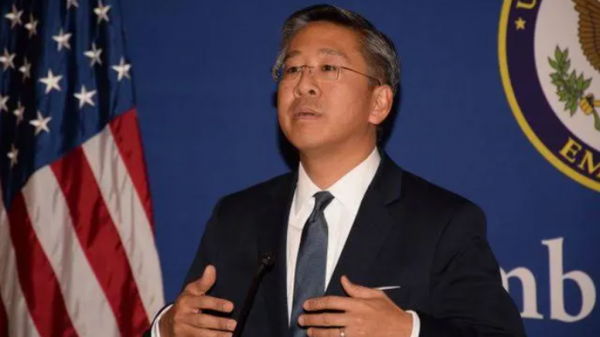
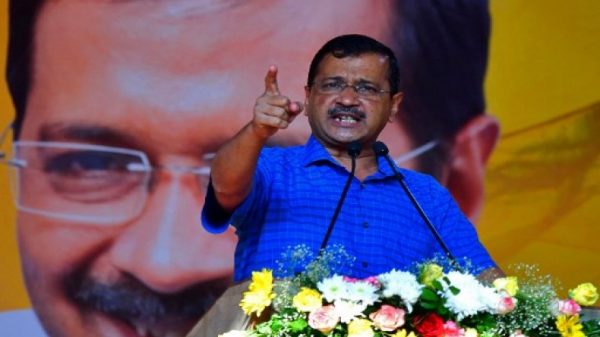
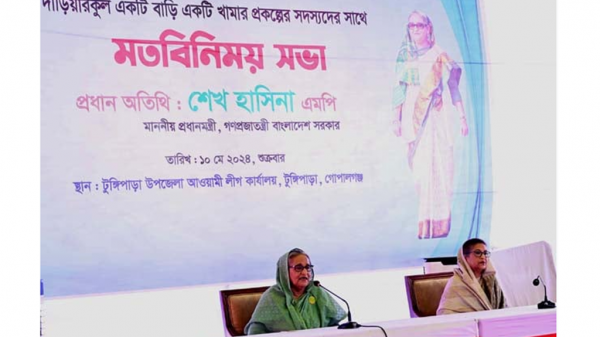
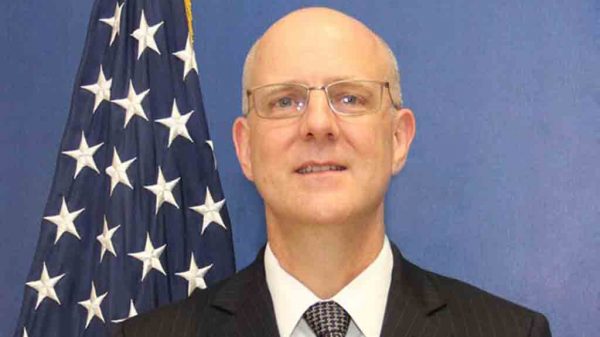
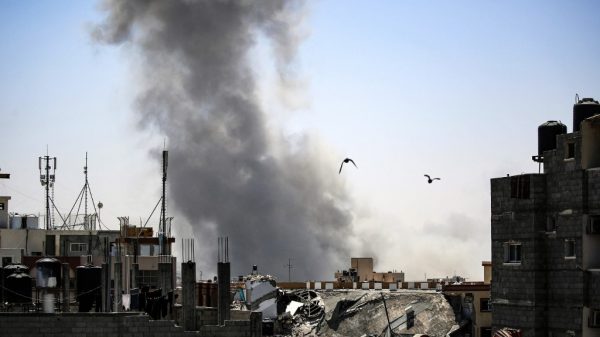
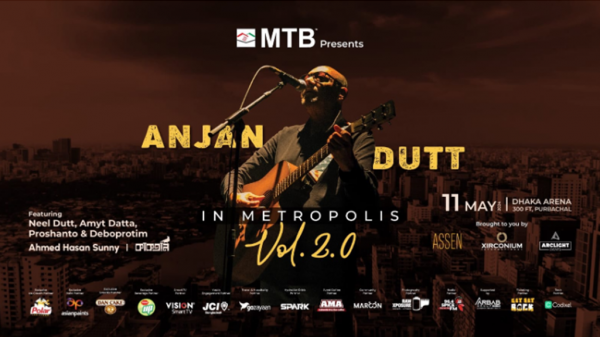
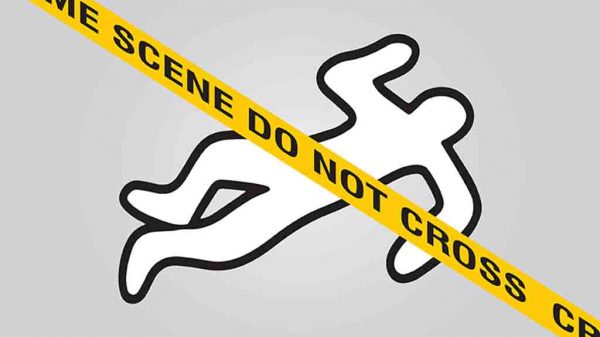
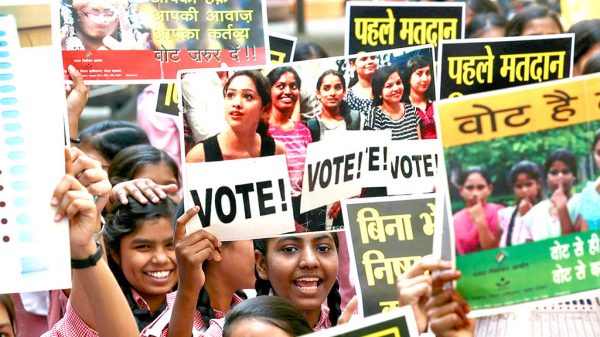
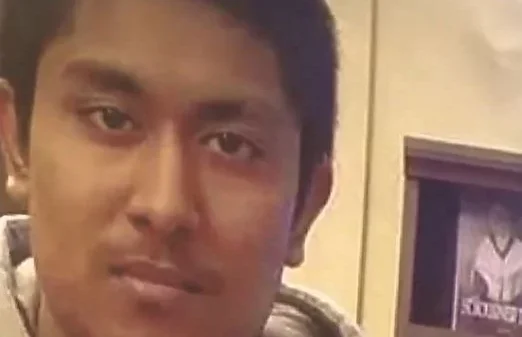











Leave a Reply